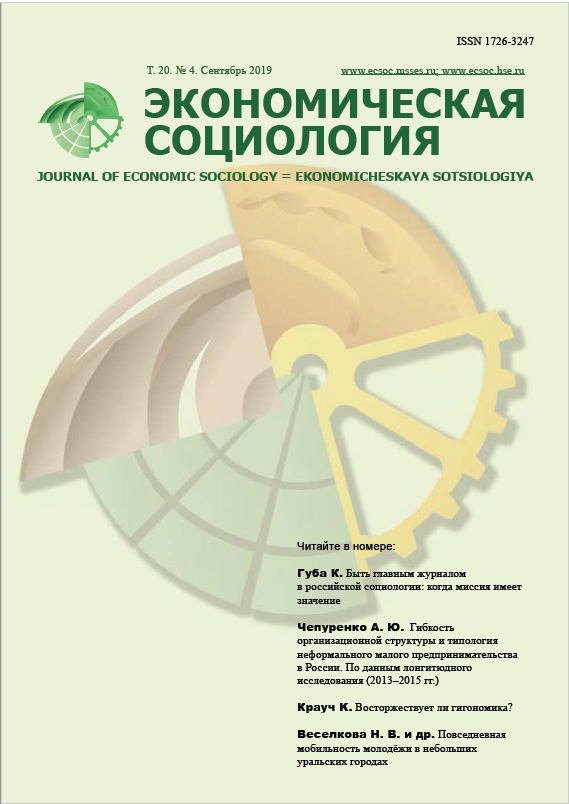Mikolaj Piskorski’s “Social Strategy”: A Recipe for Profiting from Internet Platforms, to Which a Sociologist Has Many Questions
Book Review: Piskorski M. J. (2016) A Social Strategy: How We Profit from Social Media, Princeton, NJ: Princeton University Press. 275 p.
Abstract
Mikolai Piskorski’s book, with a somewhat misleading title (because he is not interested in media at all), offers an approach to analyzing human interaction and evaluating the effectiveness of Internet platforms, with which readers should learn how to use Internet platforms for profit. Human interaction is seen as rational behavior, in terms of benefits and costs—the latter, according to Piskorski, should be reduced by Internet platforms. It is assumed that in return for companies helping people communicate with each other through social platforms, users will be ready to do something for the companies—pay more for their products, or do free work (bring new customers, generate content). Piskorski demonstrates how his approach works, both by analyzing how platforms (for example, Facebook, Twitter, dating applications, LinkedIn) manage to reduce interaction costs and by showing examples of business strategies of different companies (for example, American Express, Nike) that use the platforms. Despite the fact that the book gives the impression of being oriented not only (and, it seems, not so much) to the academic audience, but also to practitioners, it has the ambition to influence economists and sociologists as well. In this regard, the author of the review sees it as her task to look at the work of Piskorski, considering its position in the space of existing social theory in both economics and sociology. Piskorski sees the novelty of his approach in its attention to the social, interactions, and social norms, but Piskorski’s book remains deeply economic in its nature and therefore can be met with classical sociological criticism—reproaches for statements that are too universal and insensitivity to context. These properties of Piskorski’s approach are at times detrimental to the analysis of diverse and extremely interesting data and leave room for critical commentary from the field of Internet research.













